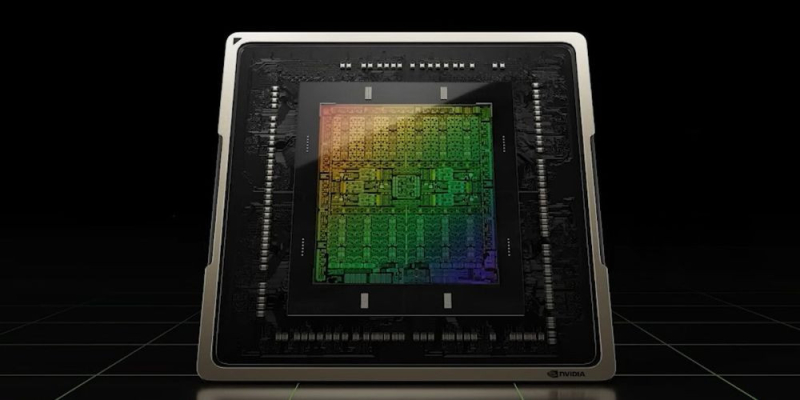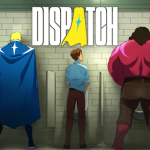Google Cloud Amps Up Its AI Game: Welcoming Nvidia’s Blackwell in 2025

As if lighting up the neon-lit skyline of Las Vegas, Google Cloud Next made a dazzling announcement that's set to redefine the landscape of AI accelerators and instance types on its platform. In a move that's already generating waves of excitement, alongside the introduction of custom Arm-based Axion chips, Google Cloud is leaning heavily into the future of AI accelerators. The star of this future-forward lineup? Nvidia’s eagerly anticipated Blackwell platform is slated for integration into the Google Cloud ecosystem in early 2025.
For those itching for a slice of this computational behemoth right now, the horizon might seem a tad distant. Nvidia's revelation about the Blackwell chips hitting the public domain in the latter part of this year has sparked a waiting game filled with anticipation. However, Google is already laying the groundwork for this transformative technology. This announcement not only heralds a new era in AI and High Performance Computing (HPC) but also marks an important milestone with the introduction of GB200 liquid-cooled servers. This underscores a leap towards more efficient, powerful, and environment-friendly computing.
Yet, the universe doesn't halt for the arrival of Blackwell. Google Cloud is in full throttle, unveiling the A3 Mega instance, a powerhouse co-created with Nvidia. This marvel marries H100 GPUs with an advanced networking system, promising a bandwidth bonanza up to double that of its predecessors. Likewise, Google is peeling back the layers of modern computing concerns with A3 confidential instances, ensuring the sanctity of sensitive data through encrypted data transfers – a feature that's fast becoming a cornerstone for secure computing.
In the realm of Google’s proprietary magic, the Cloud TPU v5p processors make a grand entrance. These titans of computation not only double down on raw power but also amplify efficiency in memory bandwidth, setting the stage for breakthroughs in AI applications. With such cutting-edge hardware, Google Cloud didn’t hold back on enhancing the infrastructure to support them. The introduction of AI-optimized storage options like Hyperdisk ML, alongside a refresh of instances powered by Intel’s latest Xeon processors, underscores Google’s commitment to delivering a holistic, powerful computing environment.
As Google Cloud and Nvidia draw the blueprint of tomorrow’s computing landscape, the integration of the Blackwell platform in 2025 is more than just a new addition. It embodies the relentless pursuit of excellence in cloud computing and AI technology. This partnership not only enriches the toolkit available to developers and researchers but also propels us toward a future where the potential of AI can be fully realized. As we stand on the cusp of this new era, the fusion of Google’s cloud prowess with Nvidia’s computational might promise to usher in innovations that we have only begun to imagine.
















